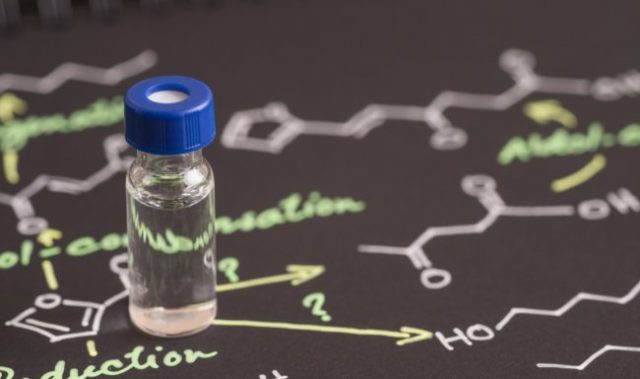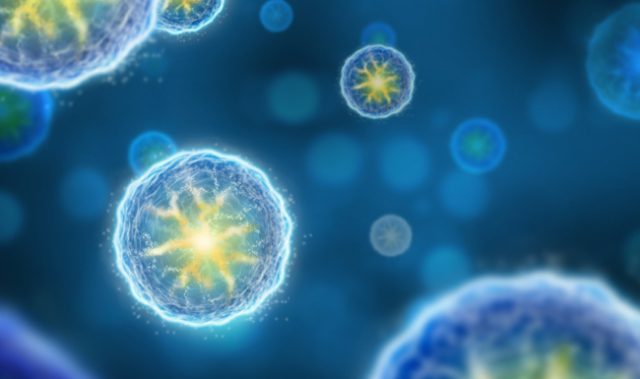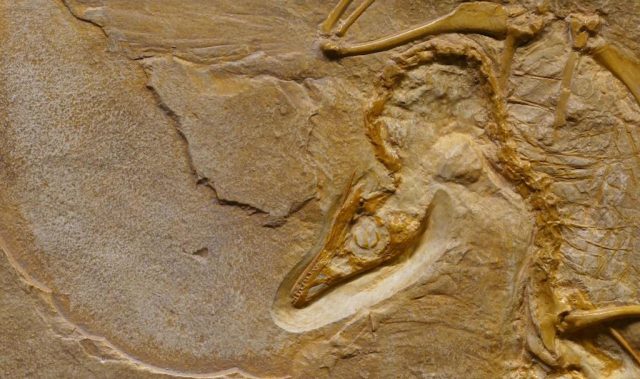
AsianScientist (May 25, 2018) – A research group in China has discovered that at least seven kinds of antibiotics are present at high concentrations in both lake water and lake sediment globally, and quinolone levels in China’s lakes are higher than those in the lakes of other countries. Their findings are published in Environment International.
Antibiotics leaching into water bodies around the world can contribute towards the development of antimicrobial resistance. Lakes, which harbour nearly 90 percent of the world’s surface fresh water in liquid form, play a key role in the global ecology system. The extent of antibiotic ‘contamination’ of lakes has not been investigated in depth.
In the present study, researchers from Xinjiang Institute of Ecology and Geography (XIEG) of the Chinese Academy of Sciences, China, and their collaborators, performed a comprehensive review of antibiotics and antibiotic resistance genes (ARGs) in lakes around the world.
“Our meta-analysis shows that sulfamethoxazole, sulfamerazine, sulfameter, tetracycline, oxytetracycline, erythromycin and roxithromycin were found at high concentrations in both lake water and lake sediment,” said Dr. Song Wenjuan from XIEG who led the study.
Chemical pollutants, physicochemical characteristics of the water body and sediment, aquatic biota, as well as human activities were identified as important factors affecting the distribution of antibiotics and ARGs in lakes.
“Long retention times in lakes mean pollutants from discharges slowly circulate around the lakes and may lead to high ecological risk for ecosystems and human health,” said Song.
The article can be found at Yang et al. (2018) Antibiotics and Antibiotic Resistance Genes in Global Lakes: A Review and Meta-analysis.
———
Source: Chinese Academy of Sciences; Photo: Pexels.
Disclaimer: This article does not necessarily reflect the views of AsianScientist or its staff.












